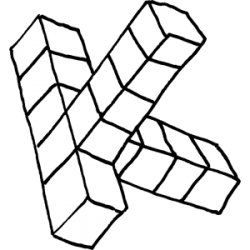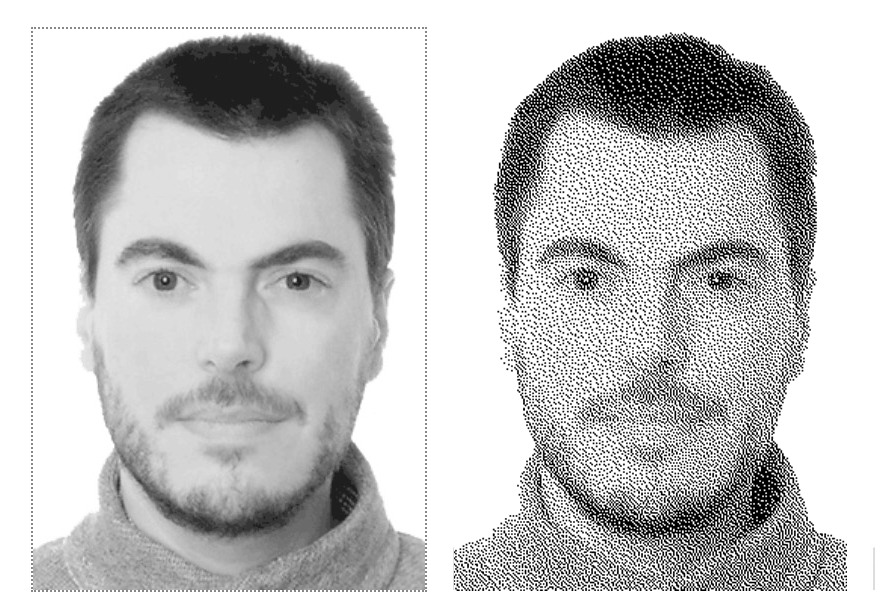Binary is Boring
In the contemporary digital landscape, the internet stands as a colossal infrastructure that shapes our perceptions, interactions, and even the fabric of society itself. However, this powerful tool is not without its faults. A pressing issue that demands our attention is the increasing polarization online. The root of this problem, surprisingly, might trace back to a seemingly innocuous feature ubiquitous across platforms: the binary system of “thumbs up” and “thumbs down.”
The Problem of Polarization
Polarization refers to the division of society into distinct groups, often with conflicting ideologies or preferences, leading to a fragmented community. The internet, with its vast potential for diverse expression, has paradoxically become a battleground of echo chambers and polarized camps. This issue has been exacerbated by the binary feedback mechanisms embedded within digital platforms, where complex opinions are reduced to simplistic likes or dislikes. Such a system discourages nuance and fosters an environment where middle ground is often overshadowed by extreme views.
The Binary Culprit: Thumbs Up and Thumbs Down
The binary feedback model, epitomized by the “thumbs up” and “thumbs down” buttons, encourages a simplistic, black-and-white view of content. This model lacks the ability to capture the complexity of human opinion and reduces rich, multifaceted discussions to mere numbers of approval or disapproval. The question then arises: What if there was an alternative? A solution that could mitigate polarization by embracing the complexity of human perspectives?
A Proposed Solution: The Slider
Imagine a digital world where, instead of a binary choice, users are presented with a slider ranging from 0 to 1. This slider would allow users to express their opinions with greater precision, offering a spectrum of values that better captures the nuanced shades of agreement or disagreement. Such a system could move us away from the divisive nature of binary choices and towards a more inclusive, gradient-based understanding of content and opinions.
High-Resolution Reflections of Ourselves
By implementing a slider mechanism, the internet could become a mirror reflecting high-resolution images of our collective consciousness, rather than crude, 1-bit graphics devoid of nuance. This shift towards a “gray scale” representation of opinions could encourage more thoughtful engagement, foster empathy by highlighting the common ground between seemingly disparate views, and ultimately, contribute to the healing of the polarized landscape.


